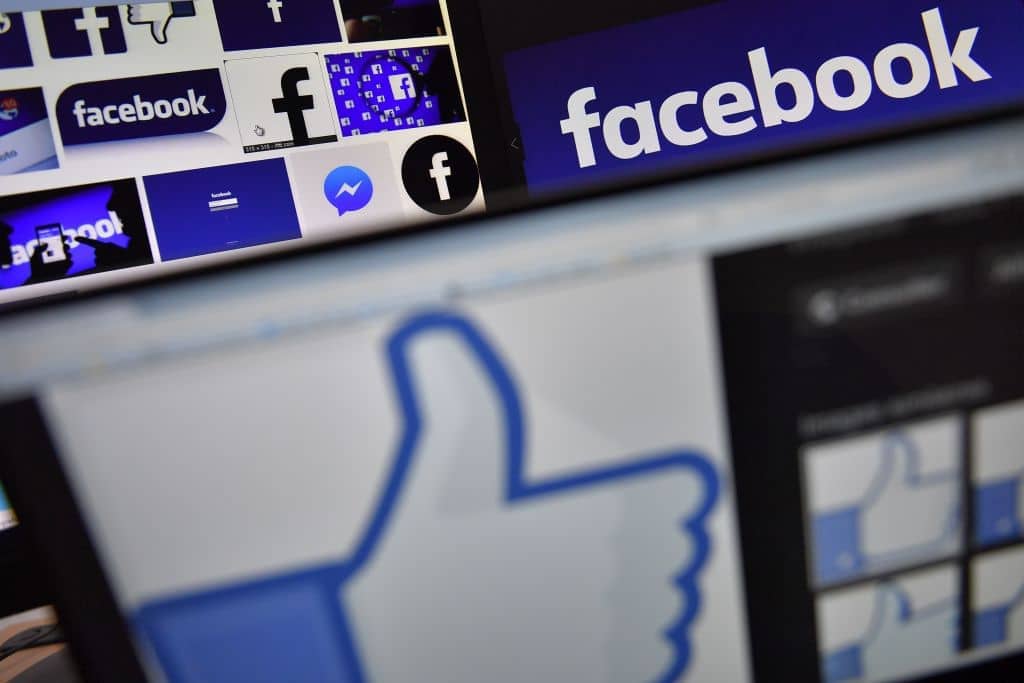It’s a well-known fact that social media makes you miserable. While Facebook forever abounds with people apparently having a marvellous time, in exotic climes, never without ubiquitous smiles and exclamations of delight, Twitter seems too often awash with malicious imbeciles, who even when they are right, still get on your nerves. At their worst, Facebook makes you hate people you do know; Twitter makes you hate people you don’t.
This, at least, is a popular opinion. And the consensus that social media makes us unhappy and lonely – in that it encourages us to unfavourably and unrealistically compare our lives to those of others – has been repeated this week in a Harvard study published in the journal JAMA Network Open. It links social media use with greater symptoms of depression. For instance, in its survey of 5,000 adults, it found that users of Facebook were 42 per cent more depressed than those who weren’t.
Whether the findings represent causation or correlation is a moot point. Perhaps depressed people are more likely to seek solace in social media, especially since the beginning of last year, when many began to spend more time alone at home, or have reduced social interaction in the flesh. As Dr Rina Dutta, reader in psychology at King’s College London said in response to the study: ‘social media use could be a marker for emergence of depressive symptoms, particularly in stressful circumstances, like the pandemic.’
As Dr Dutta’s remarks hint, social media is a double-edged sword. Sure, it can induce envy, even if not based on reality. Most people aren’t having a better time of it than you: it just looks that way. But social media can be a source of cheer and great consolation for people who are literally lonely, and for folks who don’t get out that much.
Those of us who have worked from home for years, long before the pandemic, know the therapeutic value of social media. This is particularly true if you are single, live in a small town and rarely socialise.
To me, social media’s curative powers became especially evident earlier this month, during a stay in hospital for a fractured femur. Not only was I unable to work, but owing to Covid restrictions I wasn’t allowed any visitors. There was no television in my ward. Even worse, because I hadn’t brought with me any electronic gadgets, I had no contact with the outside world whatsoever. Only books preserved my sanity.
Fellow patients in beds next to me, most of whom were a couple of decades older, had been better prepared. The majority had at least some device in which to communicate with loved ones face to face or in writing. Undoubtedly, some of them were recounting their experience in hospital through social media posts. I say undoubtedly because I have seen Facebook friends do exactly this over years. Very probably, so have you.
After a couple of bed-ridden days I eventually gained access to social media through the ward’s hitherto unknown computer, and I, too, also began relating my hospital experience. The response raised the spirits. Those ostensibly superficial ‘likes’ and words of support really did cheer me up. Social media inducing depression? Quite the opposite.
Hospitalisation can be a miserable experience mentally, especially if you are left idle, and for older patients, who in mind often suffer more grievously by the experience. Kind words from real or ersatz friends can be a godsend.
In Enlightenment Now (2018), Steven Pinker enthused of the positive possibilities of social media. Before Facebook, keeping in touch with friends or loved ones who lived elsewhere could be a chore or a bore. Social media has had the capacity to keep the erstwhile estranged connected. Pinker writes of the sad, contrasting predicament of all the lonely people in times gone by. ‘Today, after all, Eleanor Rigby and Father McKenzie could be Facebook friends’.
‘Users of social media have more close friends, express more trust in people, feel more supported,’ Pinker argues. ‘Social media users care too much, not too little, about other people, and they empathise with them over them over their troubles rather than envying them their successes.’
The popular psychologist is both right and wrong. Social media envy and FOMO are tenacious emotional beasts, especially when you’re ill or incapacitated. In my demented solitude, those smiling faces seem intent to immisserate me further. In one’s powerless predicament, every achievement by others amplifies Gore Vidal’s famous lament: ‘Every time a friend succeeds, a little something in me dies’.
All the same, social media remains a double-edged sword. It certainly shouldn’t be demonised. Virtual life is actually much the same as real life: it’s full of ups and downs, full of nice and nasty people, who bring us both unhappiness and joy.






Comments